Oxytocin, the 'Love Hormone,' Being Tested for Treatment of PTSD and Alcohol Abuse
A new trial may hold new hope for military personnel with PTSD and alcohol abuse through treatment with oxytocin, sometimes referred to as the “love hormone.”
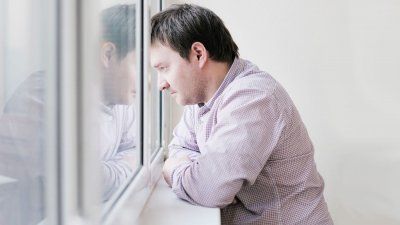
University of California San Francisco
Give to UCSFA new trial may hold new hope for military personnel with PTSD and alcohol abuse through treatment with oxytocin, sometimes referred to as the “love hormone.”

A collaborative research project aimed at preventing falls among hospitalized children is teaming clinical and nursing administration staff at UCSF Benioff Children’s Hospital San Francisco with nurse researchers at the UCSF School of Nursing.
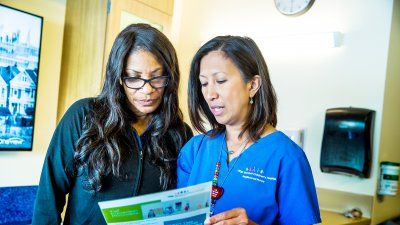
UCSF biochemist Charles Craik and pulmonologist Dean Sheppard have been elected to the American Academy of Arts and Sciences.
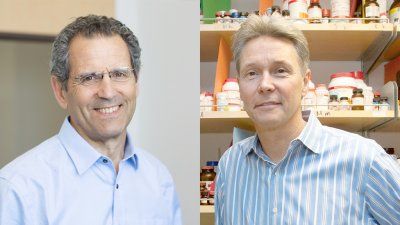
More than 1,650 alumni, family and friends attended the events for UCSF’s 2017 Alumni Weekend.
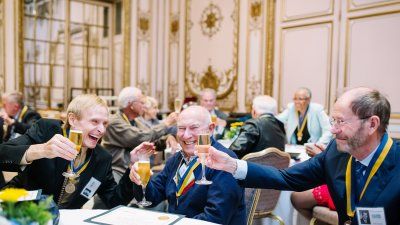
Eve Ekman, a postdoctoral scholar at UCSF’s Osher Center for Integrative Medicine, has collaborated with her father, Paul Ekman, and the Dalai Lama to create an Atlas of Emotions. Now Eve Ekman is focusing on helping medical residents understand their emotions through an app.
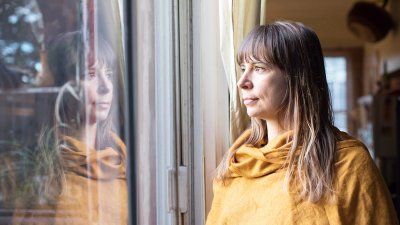
A new study led by UC San Francisco has found that radiation doses can be safely and effectively reduced – and more consistently administered – for common CT scans.

UCSF neuropsychiatrist Kristine Yaffe joined former First Lady of California Maria Shriver and other geriatric care experts to testify about the importance of Alzheimer's disease research and prevention at a meeting of the U.S. Senate Special Committee on Aging.
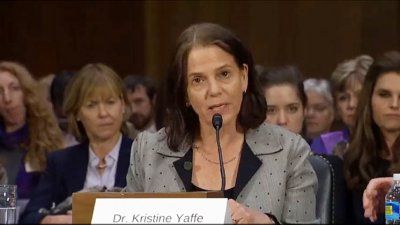
UCSF is part of a patient safety research group that received the prestigious 2016 John M. Eisenberg Award for Innovation in Patient Safety and Quality.
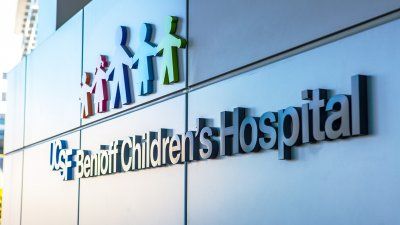
The story of Henrietta Lacks, and the questions raised about medical ethics, will be the topic of discussion when UCSF’s Kirsten Bibbins-Domingo is in conversation with author Rebecca Skloot at City Arts and Lectures event on April 26.
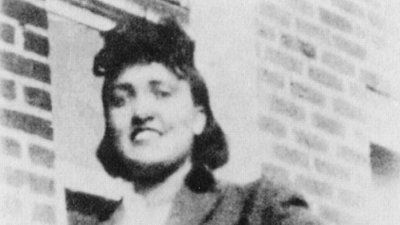
In a major advance for fundamental biological research, UCSF scientists have developed a tool capable of illuminating previously inscrutable cellular signaling networks.

After undergoing surgery, elderly patients often experience cloudy thinking. Mounting evidence suggests that heightened inflammation in the brain following surgery is the more likely cause.
